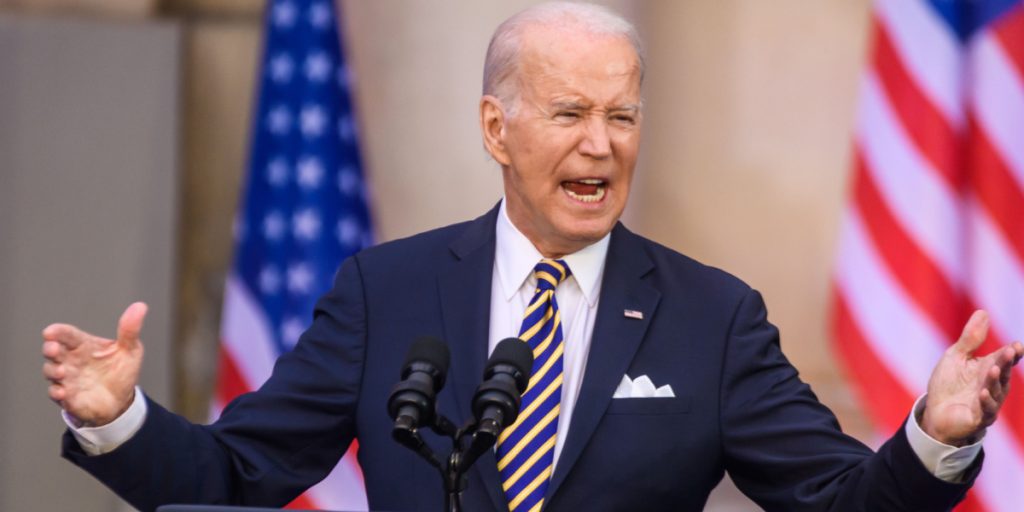Uncertainty in the future of US-China relations has intensified following President Joe Biden’s withdrawal.
Others are reading now
Uncertainty in the future of US-China relations has intensified following President Joe Biden’s withdrawal from the presidential race, according to an editorial by the South China Morning Post.
Increases Uncertainty
“With one selfless act, 81-year-old Biden placed his party’s interests above his own and gave Democrats a chance to revive a campaign that had faltered after his disastrous debate performance last month. Biden’s departure also increases the uncertainty in US-China relations. It remains to be seen how [Vice President Kamala] Harris, who still needs to secure her party’s nomination, will approach these critical relationships,” the editorial states according to Lenta.
The article notes that during her political career, Harris has not cultivated any friendships in Beijing. She co-authored the Hong Kong Human Rights and Democracy Act in 2019, signed by then-President Donald Trump, which heightened the likelihood of economic sanctions against the city.
Harris was also part of the Trump administration, which pursued a trade war with China, imposed tariffs on Chinese electric vehicles, and restricted the supply of semiconductors to China.
Also read
Trump Threatened Higher Tariffs
The situation could become even more complex if Trump regains the White House. Known for his straightforward and aggressive style, Trump has threatened higher tariffs on Chinese automobiles to protect the US auto industry. His running mate, James David Vance, is also antagonistic towards China. However, there is still hope that whoever takes office after the elections will seek to pull US-China relations back from the brink.
“Despite the uncertainties, it is clear that China aims to maintain these crucial bilateral relationships. Under [Chinese President] Xi Jinping, Beijing sincerely strives to develop relations based on mutual respect and benefit while acknowledging the fundamental differences between the two major powers,” the article concludes.
The US presidential elections are scheduled for November 5. It was expected that the Democratic Party would nominate Biden, with his candidacy to be confirmed at the national convention in Chicago, Illinois, from August 19-22. However, following Biden’s poor performance in the June 27 debate against Republican Trump, calls for him to withdraw from the race grew louder, even within the Democratic camp.


